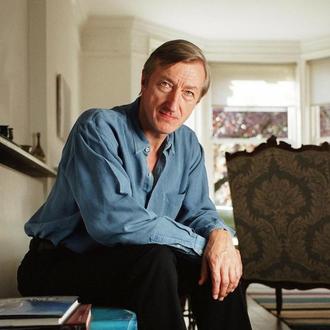- Ilya Safronovhas quotedlast year
 In those days, we imagined ourselves as being kept in some kind of holding pen, waiting to be released into our lives. And when that moment came, our lives – and time itself – would speed up. How were we to know that our lives had in any case begun, that some advantage had already been gained, some damage already inflicted? Also, that our release would only be into a larger holding pen, whose boundaries would be at first undiscernible.
In those days, we imagined ourselves as being kept in some kind of holding pen, waiting to be released into our lives. And when that moment came, our lives – and time itself – would speed up. How were we to know that our lives had in any case begun, that some advantage had already been gained, some damage already inflicted? Also, that our release would only be into a larger holding pen, whose boundaries would be at first undiscernible. - Ilya Safronovhas quotedlast yearIn those days, we imagined ourselves as being kept in some kind of holding pen, waiting to be released into our lives. And when that moment came, our lives – and time itself – would speed up. How were we to know that our lives had in any case begun, that some advantage had already been gained, some damage already inflicted? Also, that our release would only be into a larger holding pen, whose boundaries would be at first undiscernible.
- Ilya Safronovhas quotedlast yearThis was another of our fears: that Life wouldn’t turn out to be like Literature. Look at our parents – were they the stuff of Literature? At best, they might aspire to the condition of onlookers and bystanders,
- Irena Nadjhas quoted2 years agoAnd no doubt if they examine the frame they will discover woodworm living there
- Irena Nadjhas quoted2 years agoHOW DO YOU turn catastrophe into art?
Nowadays the process is automatic. A nuclear plant explodes? We’ll have a play on the London stage within a year. A President is assassinated? You can have the book or the film or the filmed book or the booked film. War? Send in the novelists. A series of gruesome murders? Listen for the tramp of the poets. We have to understand it, of course, this catastrophe; to understand it, we have to imagine it, so we need the imaginative arts. But we also need to justify it and forgive it, this catastrophe, however minimally. Why did it happen, this mad act of Nature, this crazed human moment? Well, at least it produced art. Perhaps, in the end, that’s what catastrophe is for.
fb2epub
Drag & drop your files
(not more than 5 at once)

